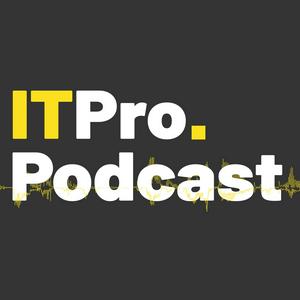This episode was first published on 18 July 2025.
Cyber attacks can feel a layer detached from the real world. Yes, businesses frequently see IP stolen, get frozen out of systems, or have data wiped by malicious actors. But if you haven’t got your finger on the pulse, cyber attacks can also fail to register in your day to day.
But there are instances where cyber attacks come crashing into the lives of everyday people, and become impossible to ignore: when attackers go after critical infrastructure and operational technology. Breaches and malware attacks at power and water plants, against core supply chain organizations, or against transport networks can all cause catastrophic damage, enormous financial losses – and even lead to deaths.
In this episode, Rory speaks with Magpie Graham, technical director of intel and services at Dragos, to discuss attacks on operational technology, critical infrastructure, and the future of large-scale cyber attacks.
Read more:
What is operational technology – and why is it at risk?
Manufacturing firms are struggling to handle rising OT security threats
When everything connects, everything’s at risk
Former NCSC head says the Jaguar Land Rover attack was the 'single most financially damaging cyber event ever to hit the UK' as impact laid bare
CISA shares lessons learned from Polish power grid hack – and how to prevent disaster striking again


